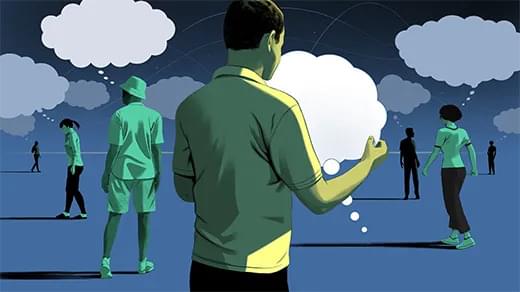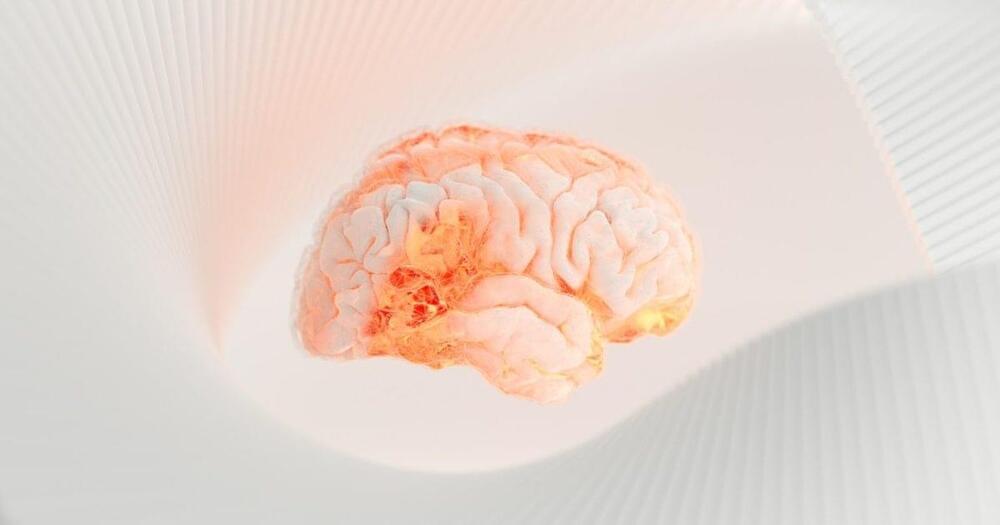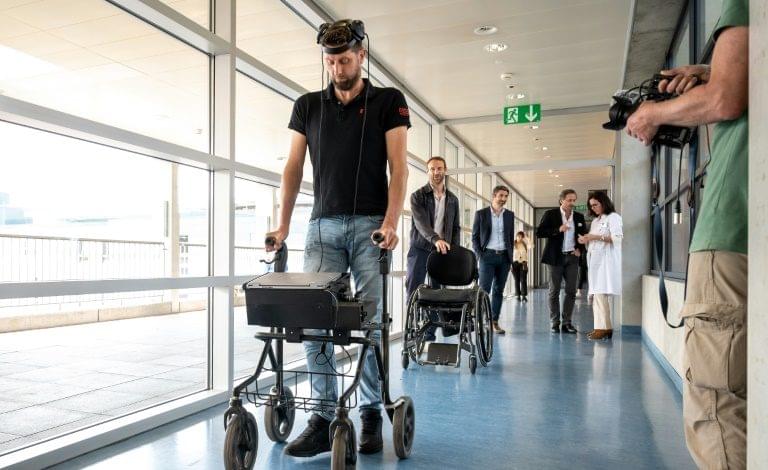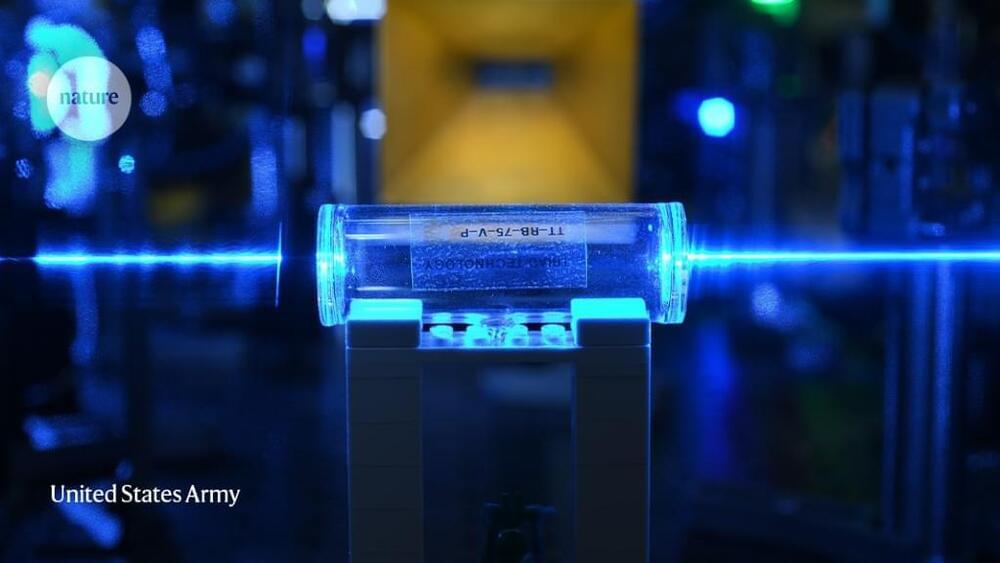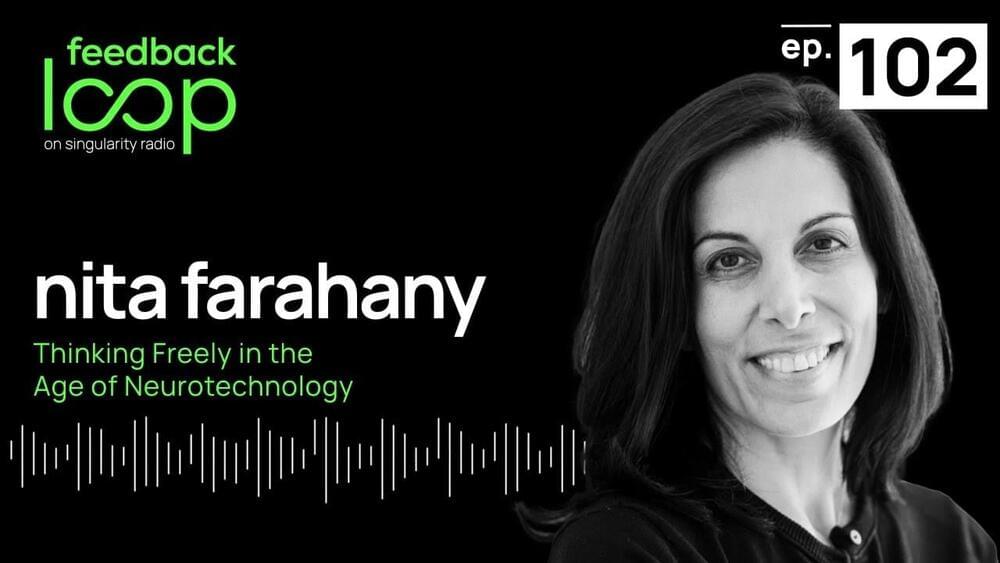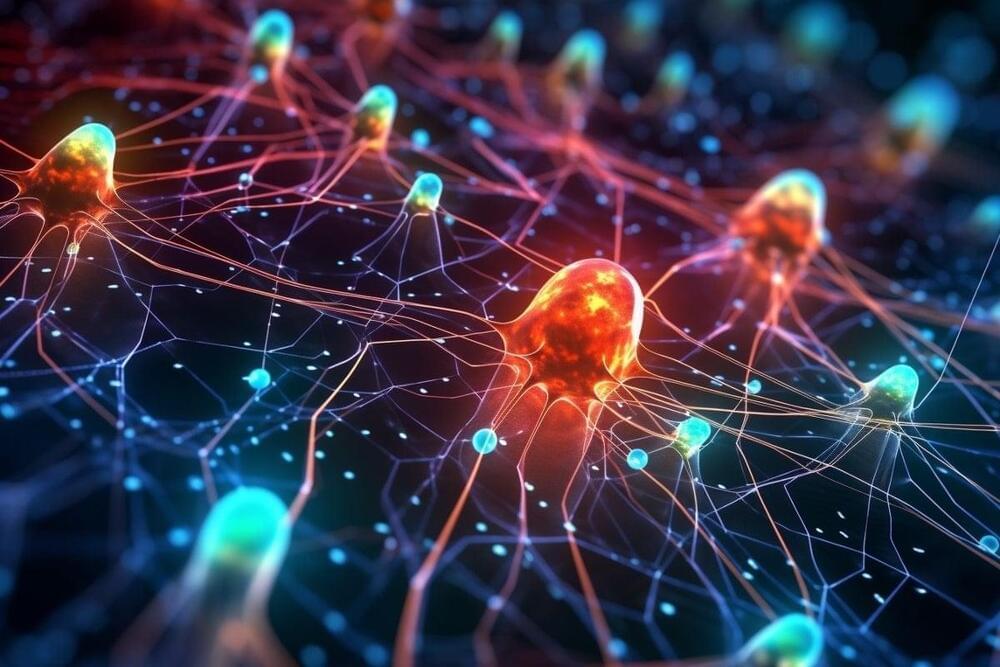New experiments show that the brain distinguishes between perceived and imagined mental images by checking whether they cross a “reality threshold.”
Category: neuroscience – Page 430
Scientists stimulated the brains of macaque monkeys in an effort to determine which areas are responsible for driving consciousness.
A paralysed man has regained the ability to walk smoothly using only his thoughts for the first time, researchers said on Wednesday, thanks to two implants that restored communication between brain and spinal cord.
The patient Gert-Jan, who did not want to reveal his surname, said the breakthrough had given him “a freedom that I did not have” before.
The 40-year-old Dutchman has been paralysed in his legs for more than a decade after suffering a spinal cord injury during a bicycle accident.
From underground exploration to brain science and air-traffic control, the sensing potential of quantum devices is enormous. But they must first get out of the laboratory.
face_with_colon_three This new gold rush with AI will bring new jobs for even Psychiatry and Therapists which is already leading to new bots with human like therapists in texts. This could lead to even better mental health for the global population.
“Psychotherapy is very expensive and even in places like Canada, where I’m from, and other countries, it’s super expensive, the waiting lists are really long,” Ashley Andreou, a medical student focusing on psychiatry at Georgetown University, told Al Jazeera.
“People don’t have access to something that augments medication and is evidence-based treatment for mental health issues, and so I think that we need to increase access, and I do think that generative AI with a certified health professional will increase efficiency.”
The prospect of AI augmenting, or even leading, mental health treatment raises a myriad of ethical and practical concerns. These range from how to protect personal information and medical records, to questions about whether a computer programme will ever be truly capable of empathising with a patient or recognising warning signs such as the risk of self-harm.
Our guest is Nita Farahany, a Distinguished Professor at Duke University where she heads the Science, Law, and Policy Lab. The research she conducts in her lab specifically focuses on the implications of emerging neuroscience, genomics, and artificial intelligence; and, as a testament to her expertise, there is a long, long list of awards and influential positions she can lay claim to, including an appointment by Obama to the Presidential Commission for the Study of Bioethical Issues.
In this episode, we explore Nita’s recent publication, provocatively entitled, The Battle for Your Brain: Defending the Right to Think Freely in the Age of Neurotechnology. This takes us on our tour of the current neurotechnology that exists, the upcoming ways in which this tech will be integrated into our daily products, how it will shape our decision making, the profound list of ethical considerations surrounding cognitive liberty, and much more.
See more about Nita at nitafarahany.com or follow her at twitter.com/NitaFarahany.
Learn more about Singularity: su.org
Host: Steven Parton — LinkedIn / Twitter
Music by: Amine el Filali.
A new protein discovery may have highlighted a ‘switch’ in brain cells that slows down inflammation and aging.
To make sense of mysteries like quantum mechanics and the passage of time, theorists are trying to reformulate physics to include subjective experience as a physical constituent of the world.
Summary: Scientists present a hypothesis dubbed “Cytoelectric Coupling” suggesting electrical fields within the brain can manipulate neuronal sub-cellular components, optimizing network stability and efficiency. They propose these fields allow neurons to tune the information-processing network down to the molecular level.
Comparatively, this process is akin to households arranging their TV setup for optimal viewing experience. The theory, open for testing, could significantly enhance our understanding of the brain’s inner workings.
Summary: Neurons in the hippocampus vary in function depending on their exact genetic identity. The study revealed these neurons, once believed to be homogeneous, are quite diverse and encode task-related information differently based on their location. This newfound understanding of neuronal diversity could lead to better comprehension of brain functions, memory capacity, and potentially advance disease treatment strategies.
Key Facts:
